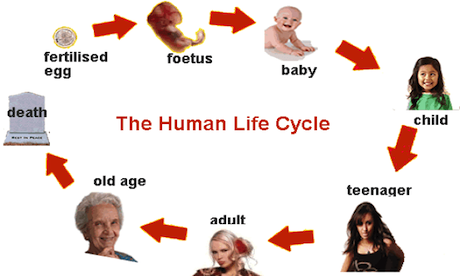Catholics believe that embryos and fetuses are entitled to a place in the human family.
They are, therefore, to be treated with the same respect as persons whatever their stage of development.
This was was the issue highlighted in an oral submission made on to the abortion legislation select committee of the New Zealand parliament.
The submission was made on Tuesday on behalf of the New Zealand Catholic Bishops’ Conference and The New Zealand Catholic Bioethics Centre by John Kleinesman from the Nathaniel Centre.
He was accompanied by Julianne Hickey from Caritas.
It was streamed through the Parliamentary Facebook page. Click here to view it.
The presentation begins at 25.30 minutes. It includes a Q and A session.
The submission highlighted two conclusions based on the belief that embryos and fetuses are entitled to a place in the human family.
Every pregnancy involves at least two lives
The unborn child is a unique being which is neither that of the father or the mother
The mother and her unborn child both have human rights.
To hold that the fetus is not a ‘legal person’ ignores the fact that a genetically unique human life has begun which is neither that of the father or the mother.
We do not serve women well by creating a legal narrative that abortion is only about the rights and choice of women.
Autonomy requires free and informed consent
Looking at abortion as a health issue, one of the factors that distinguish abortion from other medical procedures is the genuine risk of coercion.
Choices are always made in a context and shaped by a context.
In many cases, the context limits the choice.
The influence of a context underscores the importance of free and informed consent.
Without a free and informed consent, it is not possible to exercise real autonomy.
Autonomy relies on sound processes and supportive and honest relationships.
Supplied
Image: alltoptens.com
